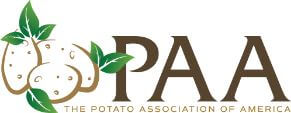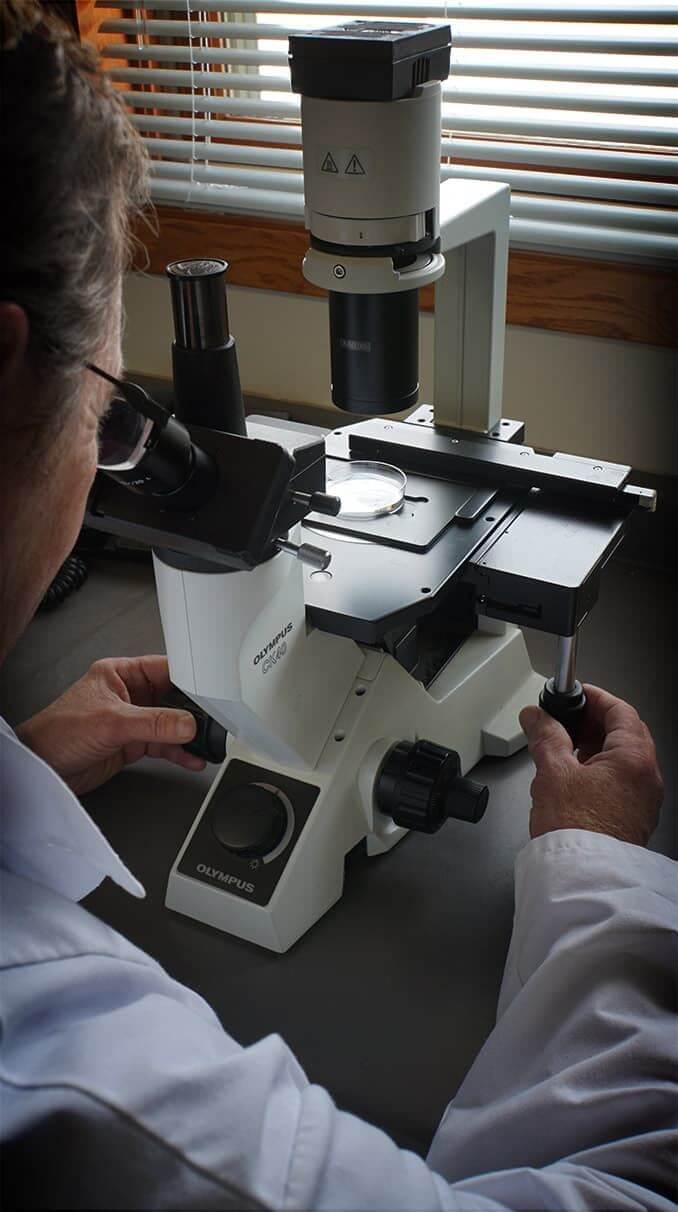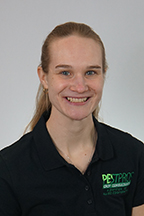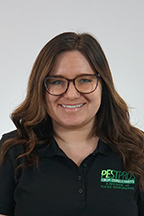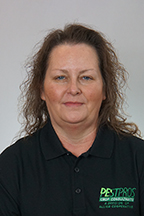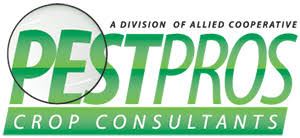Free Soybean Cyst Test

Pest Pros Lab is tackling the “Billion Dollar Pest”. By partnering with the Wisconsin Soybean Marketing Board and the UW-Madison Extension program, we offer 4 Free SCN tests every year to every soybean grower in Wisconsin. Wisconsin growers’ soybean check-off dollars and grant money from the WSMB fund this beneficial program.
The test offers a complete soil nematode analysis to help growers make important decisions such as varietal selection and rotation schedules. Results offer population counts of the SCN eggs and other plant parasitic nematodes, as well as a risk assessment of potential yield damage based on those populations for each crop in the rotation. We offer quick results, usually coming within a week so growers can act fast on potential problems. Professional services are also available to consult on any questions.
These samples can be pulled along with spring or fall fertility samples to help make decisions like variety selection or field location. Samples can also be pulled during the growing season to troubleshoot problem areas within a field.
Talk to Pest Pros about our sampling services!
To get your testing kits, including the postage-paid packaging to ship the samples, please e-mail freescntest@mailplus.wisc.edu.
For more information, click on the tab below to visit the Cool Bean webpage that focuses on the SCN program. If you have samples you're ready to submit, you can use the form found at the link below.

